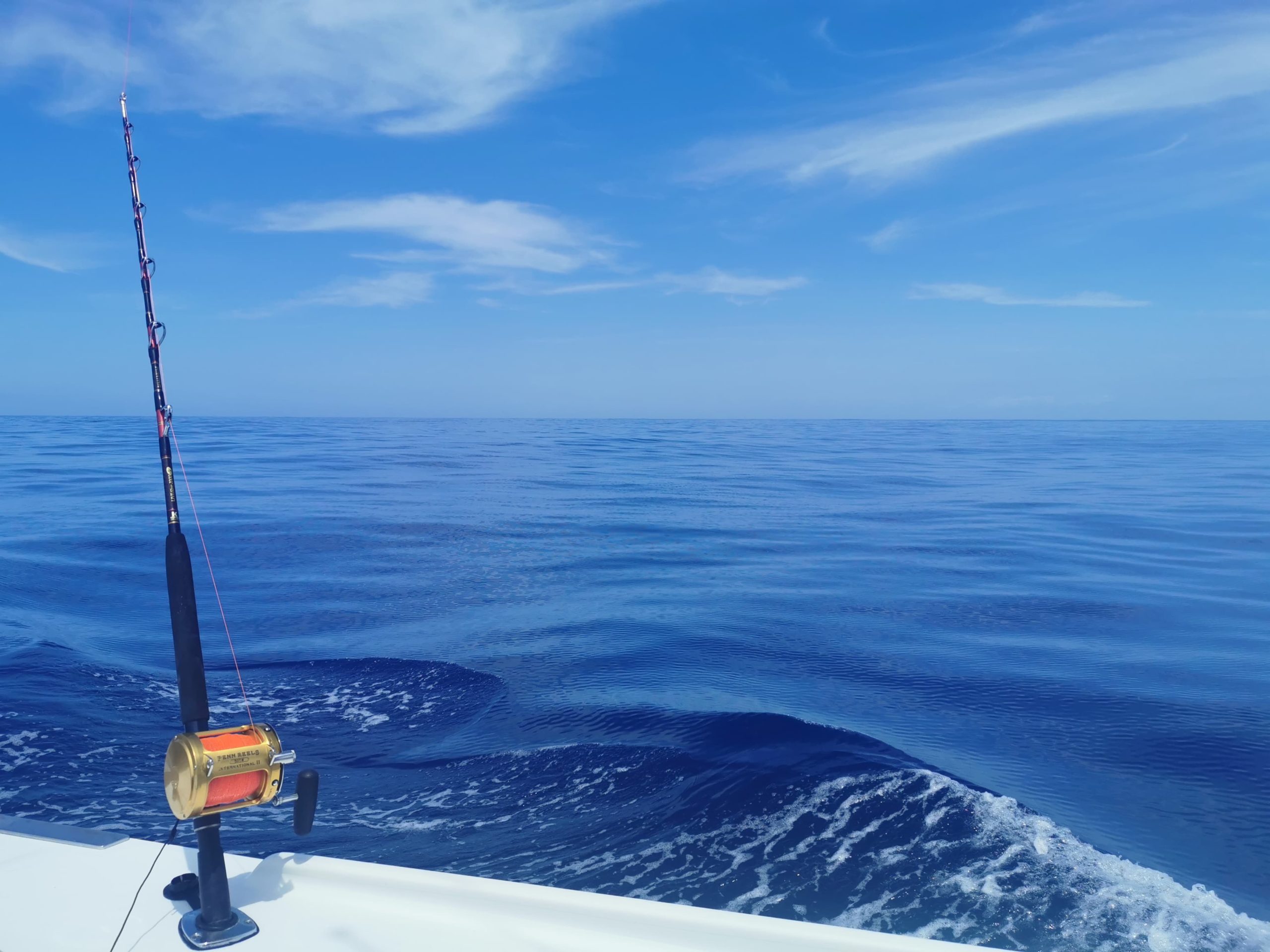FAQs
All FAQs |
Customary Fisheries | Fisheries Management | maximum sustainable yield | QMS | Economics | Fishing | Rescue Fish | Environment | Fishing methods | Recreational Fishing | Fishcare | customary | Kahawai | Reform scam | Baitfish | Scallops | Crayfish | WRC decision | Marlin | Reef fish
May 22, 2020
The international standard for fish stock management is supporting it at a level equivalent to a minimum of 50% of the unfished biomass. Biomass is the combined weight and number of fish in a stock. Unfished biomass is the stock’s estimated natural size. Achieving the standard of 50% of unfished biomass requires managing a stock ... Read more.
May 22, 2020
The goal of Rescue Fish is to rebuild depleted inshore fish stocks and restore biodiversity. This will be achieved by managing fish stocks to comply with international standards. To achieve success the Government needs to buy back existing quota shares in the inshore fisheries and start again.
May 22, 2020
Yes, however, the Rescue Fish policy is focused on managing fish stocks at higher levels and restoring biodiversity so establishing a marine reserve is not the first priority. The Rescue Fish policy proposes that we turn the entire coastline of New Zealand into a Special Management Area. Rules can be made to ban all bottom ... Read more.
May 22, 2020
It depends on where you buy it. Under the Rescue Fish policy you will be able to purchase fish directly from fishing boats as they come in to the wharf. This cuts out the middle men of the supply chain. With the fish going direct from the fisher to the consumer your fish could be ... Read more.
May 22, 2020
The ocean sustains life on Earth. Every second breath we take is oxygen produced by phytoplankton. A healthy ocean will help us to maintain our Kiwi way of life for generations to come. The ocean can provide for our social, cultural and economic needs.
May 22, 2020
Rescue Fish means more fish in the sea and a cleaner, healthier marine environment. This will benefit our kids by providing for their social, cultural and economic well-being. Future generations will be able to enjoy the benefits of snorkelling, being able to catch a fish off the wharf, dive for crayfish and scallops or pull ... Read more.
May 22, 2020
Rescue Fish means more fish in the sea and a cleaner, healthier marine environment. This outcome will benefit fishing and conservation interests, divers, kayakers, yachties and non-fishers. Increased abundance will help attract tourists to regional centres, providing employment and business opportunities.
May 22, 2020
A resource rental is needed to prevent overfishing. Currently, no resource rental fee applies to commercial catch and this leads to overfishing. Resource rentals are required quota owners do not currently cover the complete costs of administering, managing and monitoring commercial fishing. Also, because a valuable, national, natural resource is being given away for free. ... Read more.
May 22, 2020
A resource rental is a tax applied to the commercial use of natural resources. When the Quota Management System was introduced in 1986 quota holders were required to pay a resource rental on their annual catch of fish. The tax was terminated in 1994 and replaced with a user pays, levy based system. Over time ... Read more.
May 22, 2020
Currently, recreational fishing is controlled by daily bag limits, gear restrictions, closed areas and seasons. As fish stocks rebuild under Rescue Fish it is likely these controls and limits will need to be adjusted.

